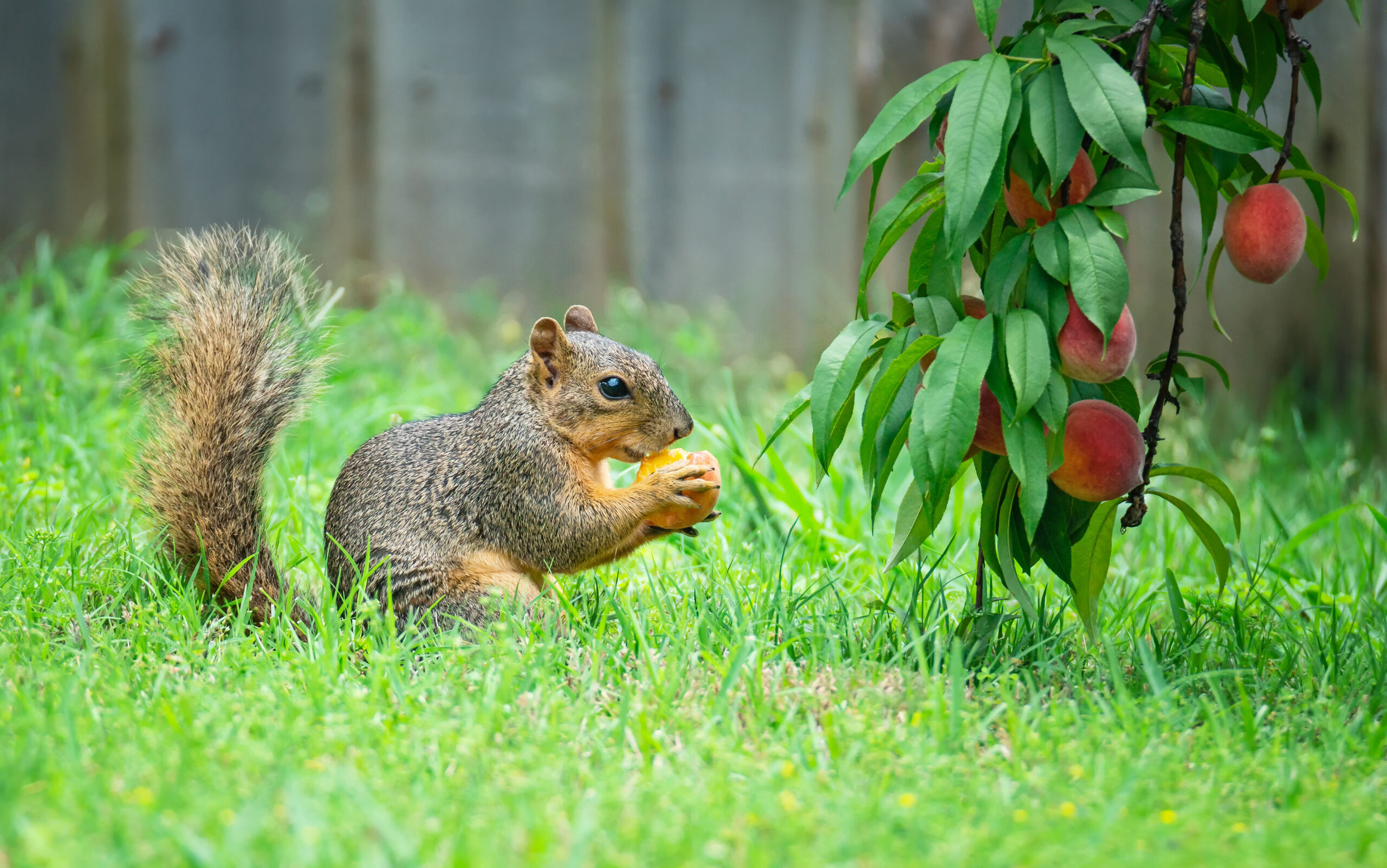Introduction
Squirrels are a common challenge for gardeners who invest time and effort into growing fresh vegetables. These agile rodents can quickly damage crops by nibbling on fruits, vegetables, and even young plants, threatening your garden’s productivity. Understanding how to stop squirrels from eating your vegetable garden is essential for maintaining a healthy and bountiful harvest.
In this article, we will explore proven, expert-backed strategies to deter squirrels effectively. From physical barriers to natural repellents, we’ll cover comprehensive methods that align with sustainable gardening practices. Whether you’re dealing with a few persistent squirrels or a larger infestation, these actionable tips will help protect your garden while maintaining ecological balance.
Why Do Squirrels Eat Vegetable Gardens?
Squirrels are opportunistic feeders. They are attracted to vegetable gardens because of the easy food supply, especially in seasons when natural food sources are scarce. Common vegetables targeted include tomatoes, beans, peppers, and corn. Their sharp teeth allow them to bite through plant stems and fruits, causing significant damage.
Understanding their behavior is key to controlling them. Squirrels are most active during early morning and late afternoon. They rely heavily on their keen sense of smell and sight to locate food, which informs the choice of deterrent methods.
Physical Barriers to Protect Your Vegetable Garden
Install Garden Fencing
One of the most effective ways to stop squirrels is by installing a physical barrier around your garden:
- Use wire mesh fencing with openings smaller than 1 inch to prevent squirrels from squeezing through.
- Bury the fence at least 6 inches underground to stop them from digging underneath.
- Ensure the fence is tall enough (at least 3 feet) to deter jumping.
Use Plant Covers and Cloches
Protect individual plants or rows with lightweight garden netting or cloches. These coverings create a physical shield while allowing sunlight and water to reach the plants.
Net Your Fruit and Vegetable Plants
For plants like tomatoes or beans, applying bird netting can prevent squirrels from accessing the produce directly.
Natural and Non-Toxic Repellents
Use Squirrel Repellent Sprays
Several commercially available repellents use natural ingredients like capsaicin (from chili peppers) or predator urine, which squirrels find unpleasant. When applied to plants, these sprays discourage squirrels from feeding.
Plant Squirrel-Repelling Herbs
Certain herbs deter squirrels due to their strong scents. Examples include:
- Mint
- Garlic
- Daffodils (also toxic to squirrels)
Planting these around your vegetable garden can create a natural barrier.
Homemade Repellents
Mixing hot pepper flakes with water and a few drops of dish soap creates a spray that irritates squirrels’ mouths but is safe for plants. Regular application after rain is necessary.
Behavioral Deterrents and Garden Management
Remove Food Sources Outside the Garden
Squirrels are attracted not only to your garden but also to bird feeders, pet food, and fallen fruits. Minimizing these attractants reduces squirrel visits.
Use Motion-Activated Devices
Motion-activated sprinklers or ultrasonic repellents startle squirrels without harming them. These devices are effective in discouraging repeated visits.
Provide Alternative Food Sources
In larger gardens, placing squirrel feeders with corn or nuts away from the vegetable patch can divert their attention.
Expert Tips and Real-World Examples
- A 2022 study by the University of California found that combining physical barriers with natural repellents reduced squirrel damage by over 70%.
- Master gardener Helen Smith shares that rotating repellents and changing barrier setups seasonally prevents squirrels from adapting.
- Using reflective objects like old CDs or aluminum foil strips can confuse squirrels and keep them away temporarily.
Conclusion
Stopping squirrels from eating your vegetable garden requires a balanced approach combining physical barriers, natural repellents, and garden management techniques. Using sturdy fencing, protective netting, and safe repellents can significantly reduce damage while maintaining an eco-friendly garden.
By understanding squirrel behavior and applying these expert strategies, you can protect your crops and enjoy a fruitful harvest. Start implementing these tips today to reclaim your garden and keep squirrels at bay sustainably.
